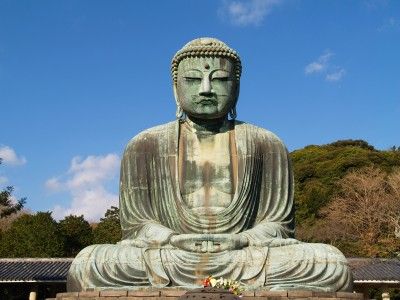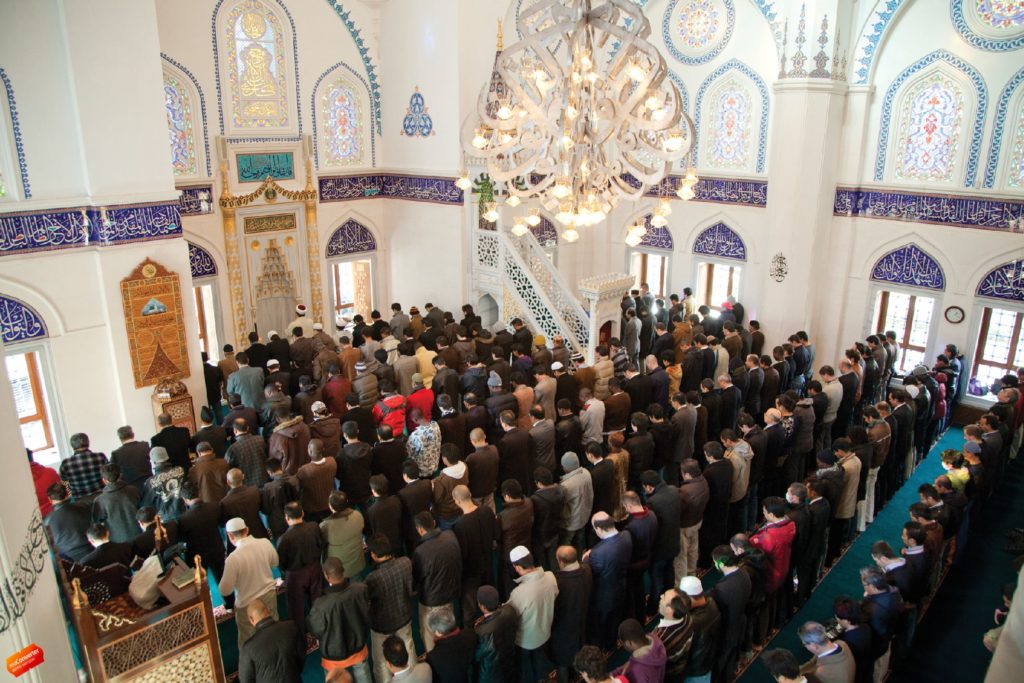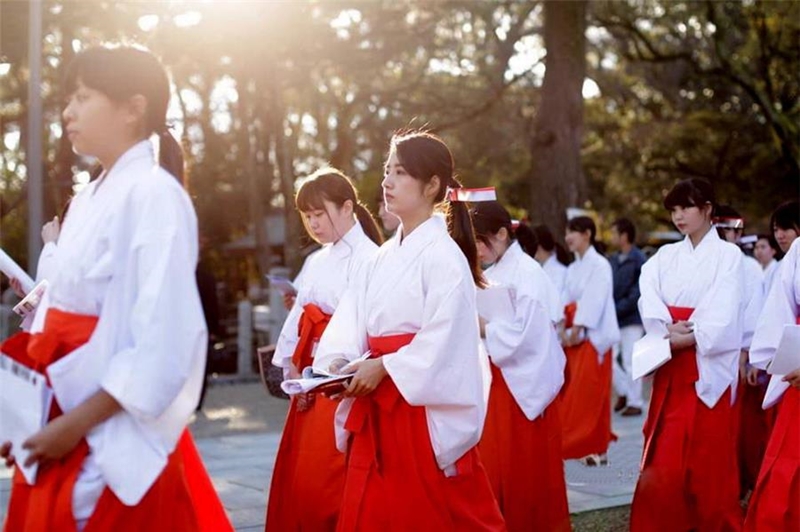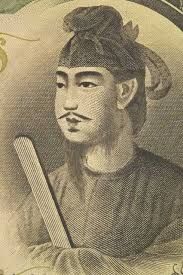In Japan, in addition to Buddhism, many other religions coexist. So the size, the influence of these religions on the cultural and social life of the Japanese like?
Buddhism

The highest Buddha in the world It can be said that Japan is one of the most complex countries in the world in terms of religion. At the same time, there are also customs and practices of different origins and religious styles. Japanese people go to the Shinto (New Shinto) temples in the new year, visit Buddhist temples in the spring but organize parties and give each other gifts at Christmas in a Christian way. Weddings are usually held according to the ritual of Shinto or Catholic. But funeral procedures surrender according to Buddhist rituals. There are those who follow one or two religions at a time, so in 1995 according to the statistics of the cultural yearbook of religious associations, the followers of all the sects combined were 219.83 million, nearly The Japanese population at that time was 120 million.
Yet in Japan today Buddhism dominates over other religions, with about 92 million believers, although in reality these believers also do not strictly follow the rules of Buddhism.
Catholic

Christianity is also quite popular with about 1.7 million parishioners. Christianity introduced to Japan in 1549 developed rapidly in the second half of that century, when there were many conflicts, instability in the country and was welcomed by those in need of a new spiritual symbol, as well as those hoping to get rich in business or hoping to acquire new industries, especially Western weapons industry. Christians now consist of Protestants and Christians, but the Protestants are outnumbered. Protestants celebrated their 100th anniversary of religion in Japan in 1959.
Muslim

Among other religions, Islam has about 155,000 followers, including foreigners who temporarily reside in Japan.
Shinto (“the way of the gods”)

The original Japanese religion is Shinto (Shinto). Shinto originated from animism of ancient Japanese people. Shinto said that plants and animals in nature have demons, so they must be worshiped. Developed as a community religion, Shinto has produced local shrines and patron shrines. In addition, the Japanese also worship the heroes and outstanding leaders of the people through different generations and worship their ancestor’s souls according to the rite of the god.
Shushi-Gaku – Confucianism

The Japanese also attached great importance to Confucianism, but in fact, Confucianism for Japanese people was more of a moral standard than a religion. from the Japanese way of thinking and manners, later the influence of this religion also weakened.